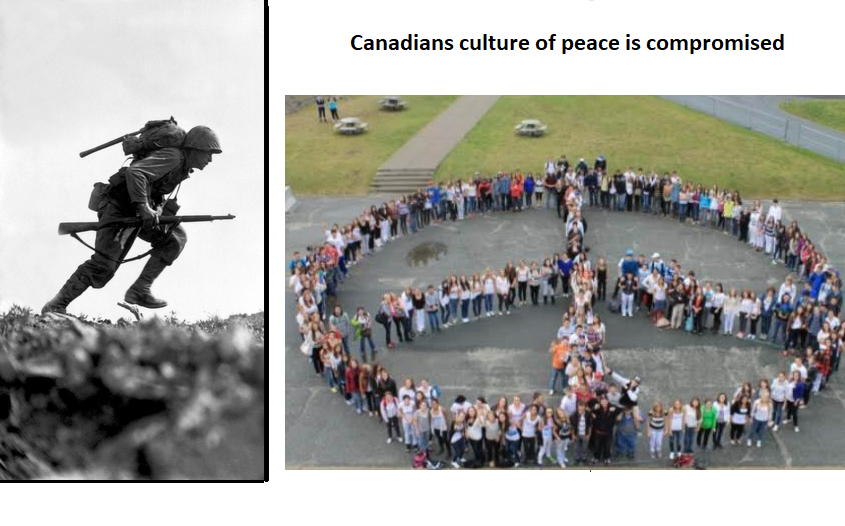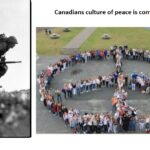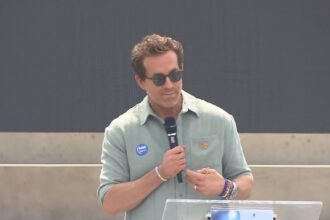In an unprecedented pivot that has rattled Canada’s long-standing peacekeeping identity, Finance Minister Mark Carney announced yesterday that the federal government will increase military spending to 2% of GDP by 2030. This dramatic policy shift represents not merely a budgetary adjustment but potentially a fundamental realignment of Canadian values on the global stage.
“Canada can no longer afford to ride on the coattails of our allies when it comes to defense spending,” Carney stated during his address to Parliament. “The evolving global security landscape demands that we take a more proactive stance in protecting our sovereignty and supporting international security efforts.”
The announcement marks a significant departure from Canada’s post-World War II approach to international relations. For decades, Canada has cultivated an image as a diplomatic mediator and peacekeeping nation, often positioning itself as a counterbalance to more militaristic approaches. This identity, deeply woven into the national consciousness, has allowed Canada to exercise “soft power” on the world stage despite maintaining relatively modest defense expenditures.
According to defense policy experts, the increased military budget—estimated to add approximately $17 billion annually to defense spending by 2030—will primarily fund modernization of equipment, expansion of cyber defense capabilities, and enhanced Arctic sovereignty operations.
Dr. Emily Richardson, professor of International Relations at the University of Toronto, notes that this shift reflects broader geopolitical tensions. “We’re witnessing a global recalibration of security priorities,” she told CO24 World News. “Canada’s move signifies an acknowledgment that the post-Cold War security paradigm has fundamentally changed.”
However, the announcement has provoked significant backlash from peace advocacy groups across the country. The Canadian Peace Alliance organized protests in major cities, with thousands gathering in Ottawa to voice opposition to what they characterize as a militarization of Canadian foreign policy.
“This decision represents a troubling departure from Canada’s culture of peace,” said Robert Lamont, spokesperson for the Canadian Peace Coalition. “We’ve built our international reputation on diplomatic solutions and peacekeeping—not military might. There are better ways to spend $17 billion annually than on weapons systems.”
Indigenous leaders have also expressed concern about the policy direction. Grand Chief Marissa Thomson of the Assembly of First Nations questioned the priorities reflected in the spending increase. “When many Indigenous communities still lack clean drinking water and adequate housing, this massive military investment sends a disturbing message about government priorities,” she stated in a press release.
The controversy extends beyond budgetary considerations to fundamental questions about Canadian identity. According to recent polling by the Canadian Institute for Peace Studies, 63% of Canadians still identify peacekeeping as a core national value, while only 28% support increased military spending at the expense of social programs.
Economic analysts at the CO24 Business desk note that the defense spending increase will create significant opportunities for Canada’s defense industry, potentially generating thousands of high-skilled jobs. However, critics argue that similar economic benefits could be achieved through investments in green technology, healthcare, or education.
Political reaction has fallen largely along partisan lines. Conservative opposition leaders have praised the move as “long overdue,” while the NDP has condemned it as “militaristic posturing that betrays Canadian values.” The debate has intensified scrutiny on Canadian politics as the country approaches the next federal election cycle.
As Canada navigates this potential transformation in its international identity, the fundamental question remains: can a nation maintain its commitment to peace while simultaneously increasing its military capabilities? Or does this policy shift signal the beginning of a new chapter in how Canada engages with the world?










